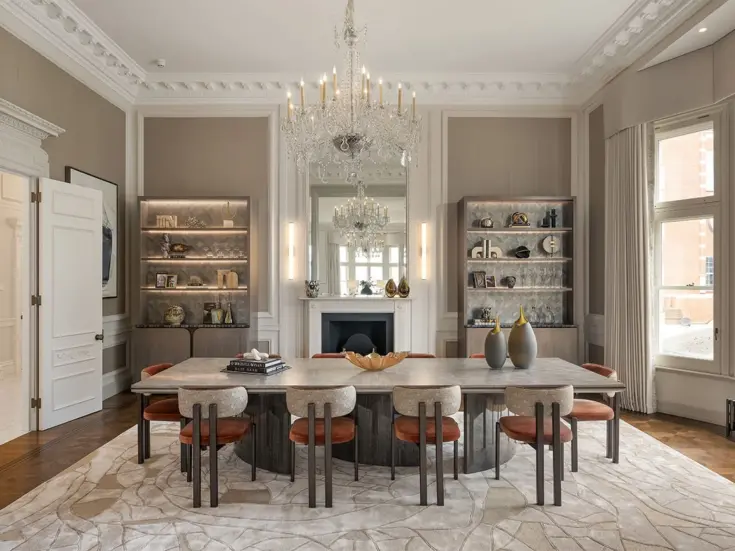You may need to move more than the earth to build a superbasement, says Wedlake Bell’s Jay Das
Mr A used his hard-earned money to invest in a house in Kensington & Chelsea. He has lived in his house for a few years and has plans to extend and improve his home; as it happens, his home is in a Conservation Area where any change to buildings is heavily scrutinised not only by the neighbours but also by the council.
The council has a policy which allows extensions below ground (subterranean developments) which is great news for Mr A who does not have to move to the country for his plans for a swimming pool, a gym and extra storage space. It should be something he can do without upsetting the neighbours (out of sight out of mind).
Council officers confirm, subject to the various documentation and reports, that it is a proposal that should get permission. Mr A goes away and incurs not insubstantial costs for architects, planners and expert consultants in preparing plans, supporting documents, soil surveys, contamination reports, tree surveys, flooding and transport assessments; continues to negotiate the design of the scheme too.
In addition there was a legal agreement (section 106), which is where I came in, which needed to be entered into urgently. The agreement was agreed within days and completed by the council by the payment of fees. Mr A is relieved he will get his planning permission; the council had confirmed the permission would be issued the same day the agreement was completed.
Alas there was no permission, only total silence from the council. Mr A, his architects, his planners: no one can understand why permission has not been issued. A few days later we hear the council had decided not to issue any more permission for subterranean development. Foul play?
The council gave no notice that it intended to take this course of action. What can Mr A and others like him do?
The decision not to process any further application was taken on 14 October 2014. In the event that anyone is unhappy, as far as the council is concerned, they can appeal to the planning inspectorate against the non-determination.
There are effectively only three routes open for Mr A and others like him: first to appeal to the inspectorate; secondly to bring a High Court challenge; or thirdly to look again at their proposals in light of the new policy. I expect the majority of those caught up in this debacle will look again at their proposals in light of the new policy.
The new policy expected to be adopted in December will be far more restrictive than the existing. In the event previous basement extensions have occurred the new policy will not support further additions. The extent of such extensions into the garden space will be curtailed to no more that 50 per cent of the garden area. Additional supplementary guidance is also proposed to assist with the details (and perhaps further restrictions removing some permitted development rights relating to roof light will follow).
It will almost certainly affect values in RBKC going forward. Opportunities will however remain and details of the guidance will need to be understood. Even under the new regime, for those who can put a case together for exceptional circumstances and exceptional design, they may have to take what on the face of it appear to be non-compliant proposals to appeal in order to secure permission. The council will keep the policy under review.
On the 2 December 2014, following the initial story, the Royal Borough of Kensington and Chelsea secured approval for its proposals effectively to eradicate ‘super basements’. The changes now mean that, generally speaking, permissions will be only given for one level of basement which does not encroach into more than 50 per cent of the garden space; the small print does make it clear there will be exceptions to the rules. The insertion of roof lights and similar in the garden area will continue to benefit from permissions generally available, although they should respect the character of the locality.
A further supplementary guidance will be issued by the council which will set out the information the council will require with future applications; the council will review the policy within five years. It will only be the determined few who can now even dream of more than one floor of basement in the near future in Kensington & Chelsea.
Jay Das is head of planning at Wedlake Bell








